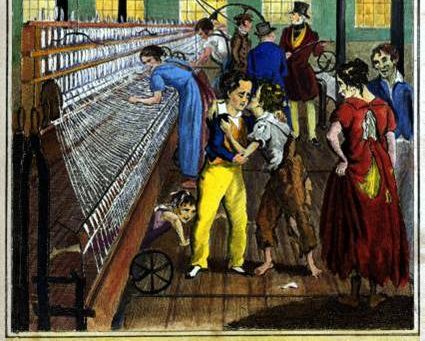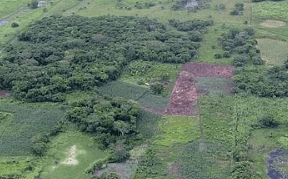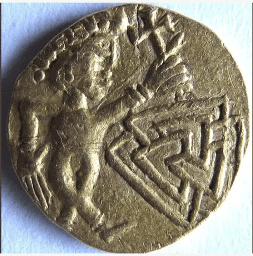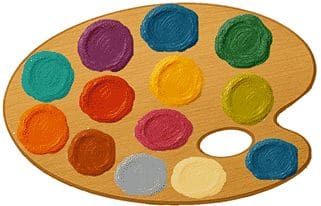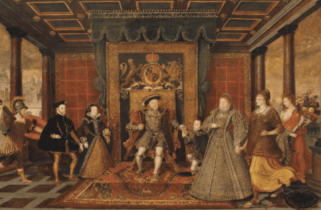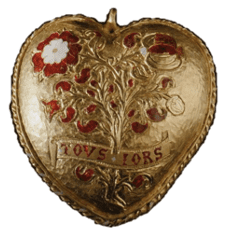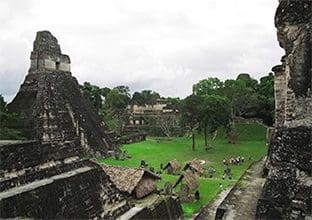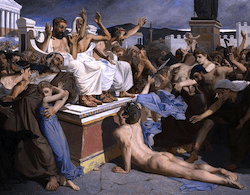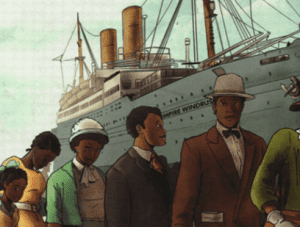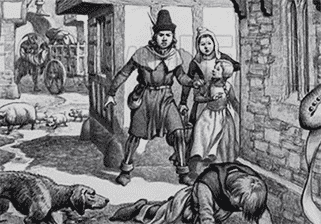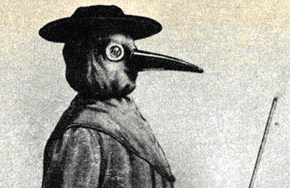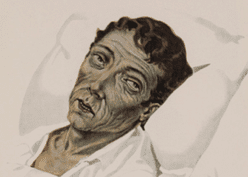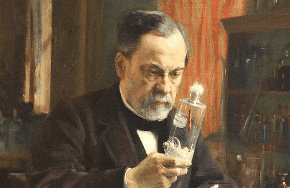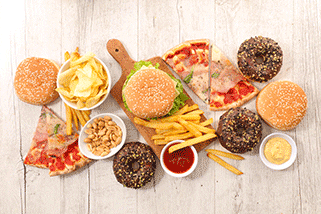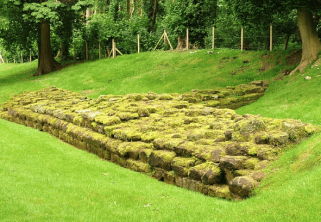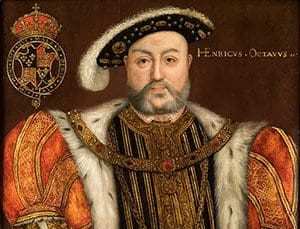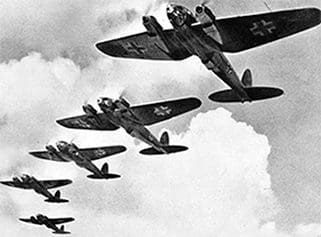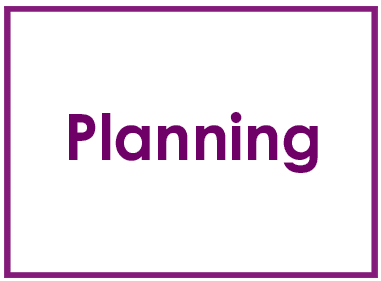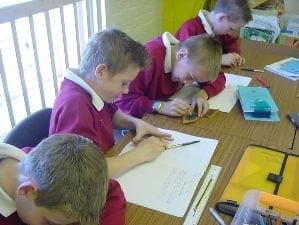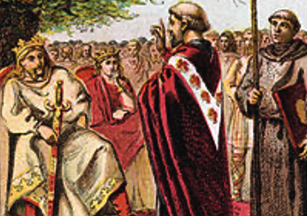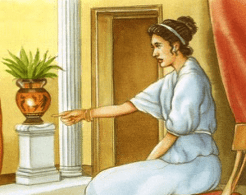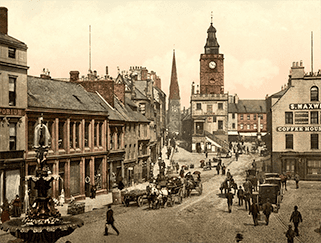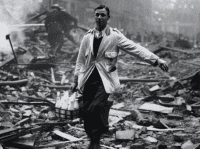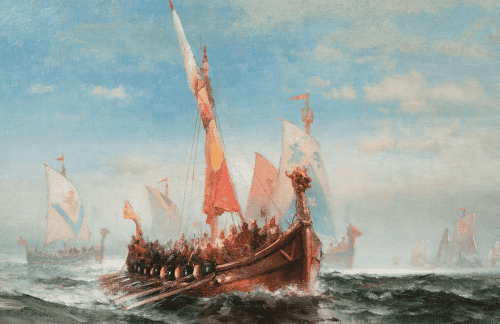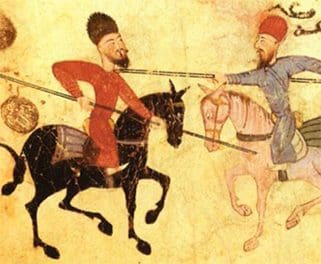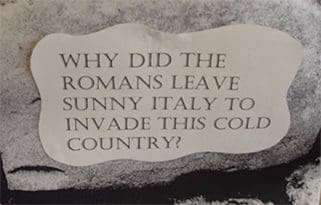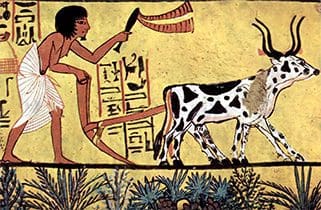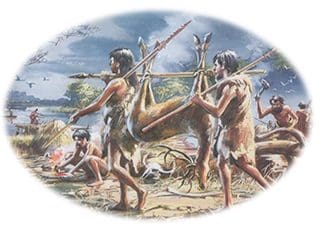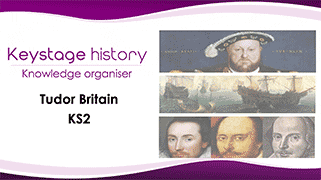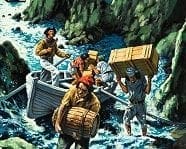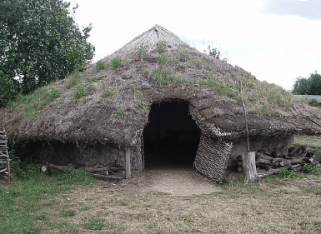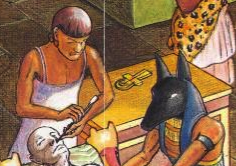Teaching history at Key stage 2 (KS2)
Victorians – end of unit quiz
Throughout this unit, we’ve explored what life was like in Britain during Queen Victoria’s long reign, from bustling factories and…
Read MoreUsing the Maya topic to look at changing interpretations
One of the hardest ideas to teach young children is that history is a construct and liable to changing interpretations….
Read MoreLooking for a new stimulus to teach arrival of Christianity in Saxon Britain?
Earlier this summer (2025) this very rare coin was found, one of the earliest Anglo-Saxon coins in existence. What makes…
Read MoreHistorian’s palette – characteristics
We often talk about historical thinking on the site but what about historical writing. How do you help children to…
Read MoreHistorian’s palette – significance
We often talk about historical thinking on the site but what about historical writing. How do you help children to…
Read MoreHistorian’s palette – interpretations
We often talk about historical thinking on the site but what about historical writing. How do you help children to…
Read MoreHistorian’s palette – change and continuity
We often talk about historical thinking on the site but what about historical writing. How do you help children to…
Read MoreMystery picture – hidden meanings in a Tudor painting
One of the exciting things about teaching history is watching the penny drop with pupils who discover that history is…
Read MoreHistorian’s palette – using sources
We often talk about historical thinking on the site but what about historical writing. How do you help children to…
Read MoreHistorian’s palette – causation
We often talk about historical thinking on the site but what about historical writing. How do you help children to…
Read MoreHenry and Katherine of Aragon: a love story less well told?
A recent find in a field in Warwickshire is to be sold and the hope is that the British Museum…
Read MoreMayan civilisation KS2 – end of unit quiz
You’ve explored the incredible world of the ancient Maya — a people who built great cities, invented their own writing…
Read MoreAncient Greece – end of unit quiz
You’ve learned about the amazing people, places, and ideas from thousands of years ago — now it’s time to see…
Read MoreBlack and British – assessment task
This assessment task is different from the others in the KS2 suite of tasks in that it comprises multiple questions…
Read MoreProgression in primary history: Top 6 ideas
A lot of you have been tasked with trying to specify what progression looks like in history in your school….
Read MorePlanner for new KS2 thematic study Black Death to today: Keeping healthy over time
This intrinsically interesting topic has been chosen as a long-term development study as it not only builds on the fact…
Read MoreKeeping healthy – KQ1 – What does the Black Death of 1348 tell us about people’s knowledge of health 700 years ago?
Pupils are hooked in with a story of the impact of the Black Death on one family. This is followed…
Read MoreKeeping healthy – KQ2 – How much more did they know about keeping healthy by the time of the Great Plague of 1665?
Pupils’ attention is focused on the Great Plague of 1665. They consider the likely efficacy of methods used to combat…
Read MoreKeeping healthy – KQ3 – Did such huge changes in people’s health suddenly take place about 200 years ago?
Pupils’ attention is grabbed with a powerful story, supported by detailed analysis of two contemporary sources. Having had the changes…
Read MoreKeeping healthy – KQ4 -Which were the biggest breakthroughs in people’s health in the 19th century?
In this session the focus moves to pupils’ working more independently, carrying out their own research in groups and then…
Read MoreKeeping healthy – KQ5 – Has everyone become healthier in the last 100 years?
Starting with a contemporary cartoon analysis, which hints at highly relevant current life-style related health problems that still have not…
Read MoreKeeping healthy – KQ6 – When was the best time to live in terms of keeping heathy? What would the dates of your preferred lifespan of 80 years be?
In this brief concluding session, pupils look back over 300 years of history and make a judgement about the best…
Read MoreThe Roman legacy and the Saxon Dark Ages? – In the news – September 2025
Almost inevitably you will ask with your class the time-honoured question: What have the Romans ever done for us? Alongside…
Read MoreFitness for purpose versus novelty
Visiting over 300 primary schools in my career, several of them many times over, during many years as a primary…
Read MoreSeeing the BIG PICTURE of the past
“Big picture” history teaching emphasizes the connecting of specific historical events and links topics to broader themes and contexts. It…
Read MoreBritain during World War Two (WW2) end of unit quiz – KS2
You’ve spent some time diving into one of the most important events in modern history – World War Two. You’ve…
Read MoreThinking skills in history at Key Stage 2; encouraging metacognition
To encourage metacognition – some initial ideas of activities that promote thinking skills. You will find examples of these in…
Read MoreInterviewing pupils
Much has been written in recent years about the value of listening to the pupils’ voice, not least in terms…
Read MoreYour Key Stage 2 history portfolio – What should it contain?
20 questions for you to ponder and answer What should my KS2 history portfolio contain? What sort of work do…
Read MoreTop tips for planning your KS2 history studies – The Anglo-Saxons
Planning the Anglo Saxons topic effectively ensures meaningful, engaging learning that builds pupils’ knowledge and thinking skills. These top tips…
Read MoreTop tips for planning your KS2 history studies – Ancient Greece
A study of Greek life and achievements and their influence on the western world With its emphasis squarely on the…
Read MoreTop tips for planning your KS2 history studies – Local history
Are you going to do more than one study, one period study in depth and one overview, one in Y3…
Read MoreTop tips for planning your KS2 history studies – Thematic post-1066
A study of an aspect or theme in British history that extends pupils’ chronological knowledge beyond 1066. Try to make…
Read MoreTop tips for planning your KS2 history studies – The Vikings in Britain
Viking and Anglo-Saxon struggle for the Kingdom of England to the time of Edward the Confessor. There are two key…
Read MoreTop tips for planning your KS2 history studies – Benin / Islam / Maya
Focus on why we are teaching this topic at KS2, often for the first time. Why was this civilization quite…
Read MoreTop tips for planning your KS2 history studies – Roman Empire and its impact on Britain
Whilst it might look as if this is a bigger unit than simply the existing Roman Britain unit, in reality…
Read MoreTop tips for planning your KS2 history studies – Ancient civilisations
For most of you, you will continue teaching Ancient Egypt as before, for 80% of this topic. You MUST give…
Read MoreTop tips for planning your KS2 history studies – Stone Age to Iron Age
The British Isles has been populated by humans for 750.000 years but only became an island when the ice sheets…
Read MoreHow well are you intertwining national and global history?
Last year saw the new Labour government abort plans to create a model primary history curriculum which would have offered…
Read MoreWhat to look for when evaluating the quality of history in your school – KS2
Evaluating the quality of history in your school involves examining curriculum breadth, teaching effectiveness, pupil engagement, and progression in historical…
Read MoreAnglo-Saxon end of unit quiz
The Anglo-Saxons were people who came from parts of modern-day Germany, Denmark, and the Netherlands to settle in Britain after…
Read MoreTudor Britain knowledge organiser – KS2
You are learning about the Tudors as it was a period of history that helped to shape the Britain we…
Read MoreLatest historian’s wisdom on “Alfred the Great. How great was he?” in 2025
Source: Historical Association (membership required) Francis Leneghan is Professor of Old English at the University of Oxford. In this article…
Read MoreNew guidelines for 21st century history
In a recently-published study by the Council of Europe entitled “Quality history in the 21st century” a number of key…
Read MoreCrime and punishment – assessment task
This task is provisional and adopts a different approach to the assessment task on the site you might have tried…
Read MoreReview of 2025 Historical Association survey
In addition to reading the OFSTED Lead Inspectors’ reports, which are available online, one of the ways of getting a…
Read MoreStone Age to Iron Age – assessment task
Very short diagnostic assessment in which pupils are the teachers. They have to correct a pupil’s description of the Bronze…
Read MoreAssessment for learning in history at Key Stages 1and 2 (some key ideas from the Primary Strategy)
Elements of AfL Ethos Attitudes Learning environment Routines and behaviours More focus should be placed on: Use of curricular targets…
Read More10 questions to ask yourself about the KS2 history curriculum
Question 1: Have you exploited the reduced amount of prescription in the new curriculum, or are you still teaching some…
Read MoreAncient Egypt – assessment task – The afterlife
Key Elements: ideas, attitudes and beliefs This assessment tasks focuses on a single picture. Pupils are asked how the image…
Read More
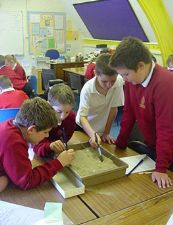 Welcome to the section for teaching history at KS2 where you will find masses of advice on how to make history both fun and satisfyingly challenging. You will be helped to design and plan an exciting primary history curriculum and taking into account the difficult areas of assessment and progression and mindful of the new focus on curriculum within OFSTED’s framework.
Welcome to the section for teaching history at KS2 where you will find masses of advice on how to make history both fun and satisfyingly challenging. You will be helped to design and plan an exciting primary history curriculum and taking into account the difficult areas of assessment and progression and mindful of the new focus on curriculum within OFSTED’s framework.